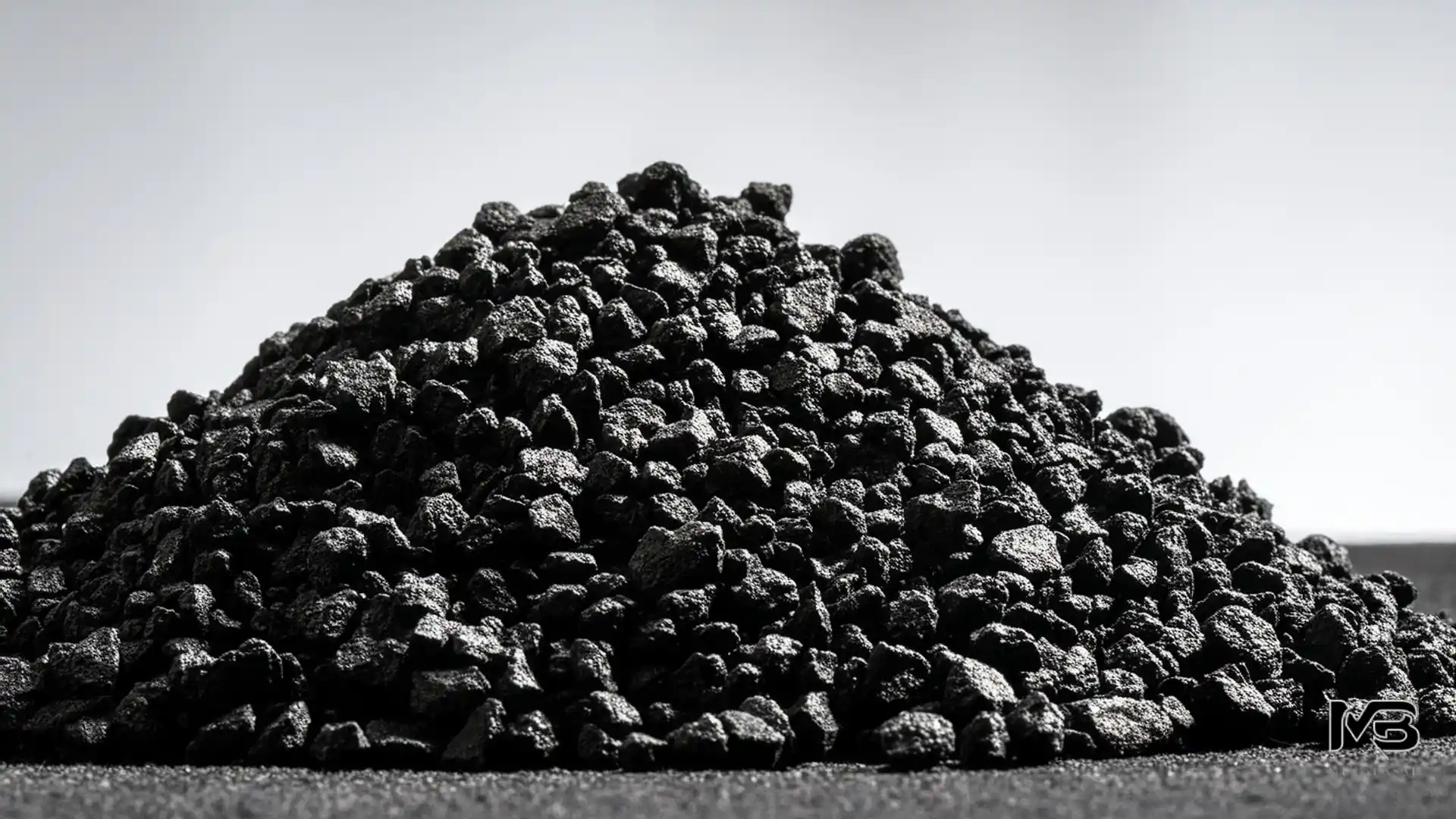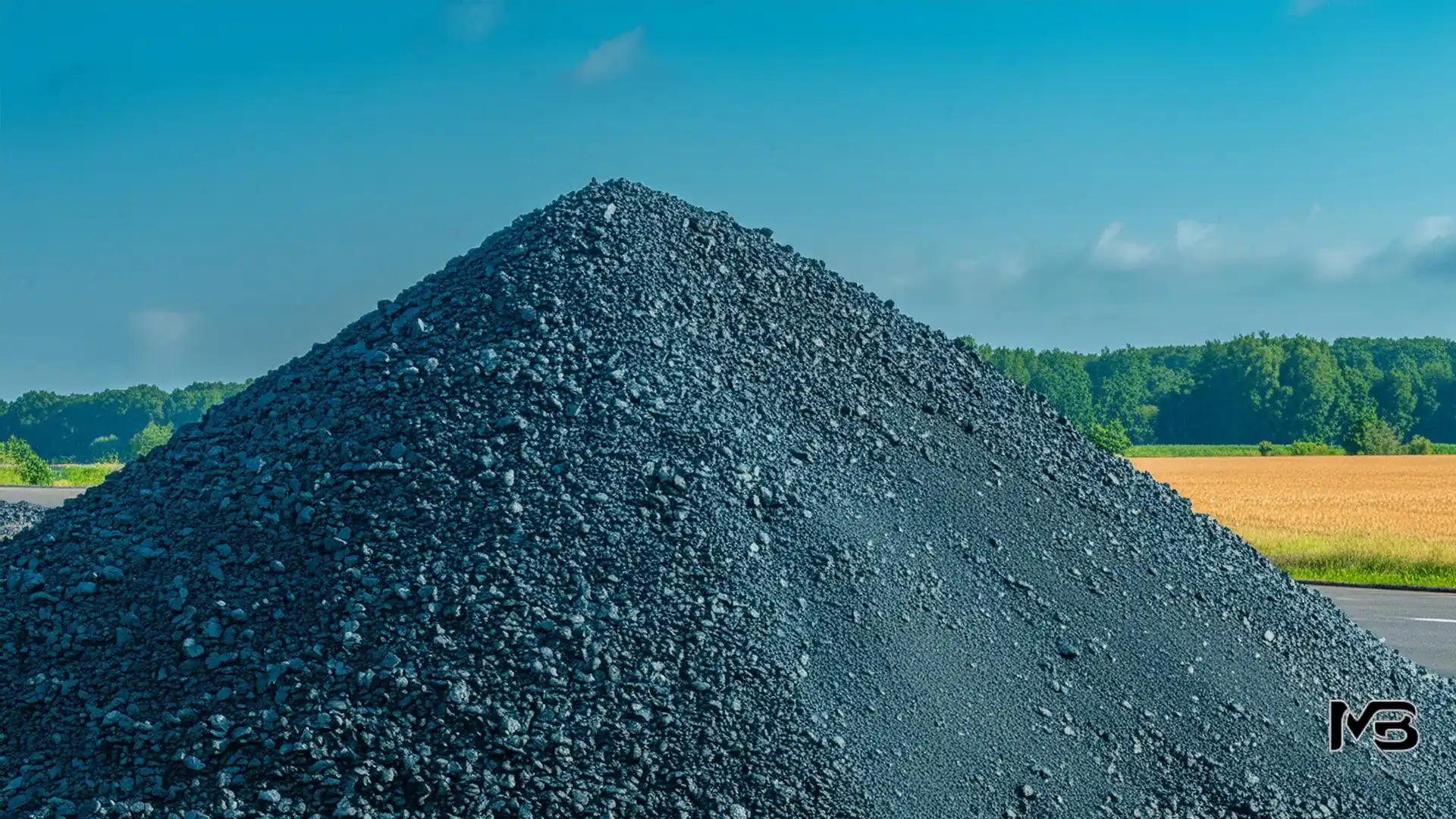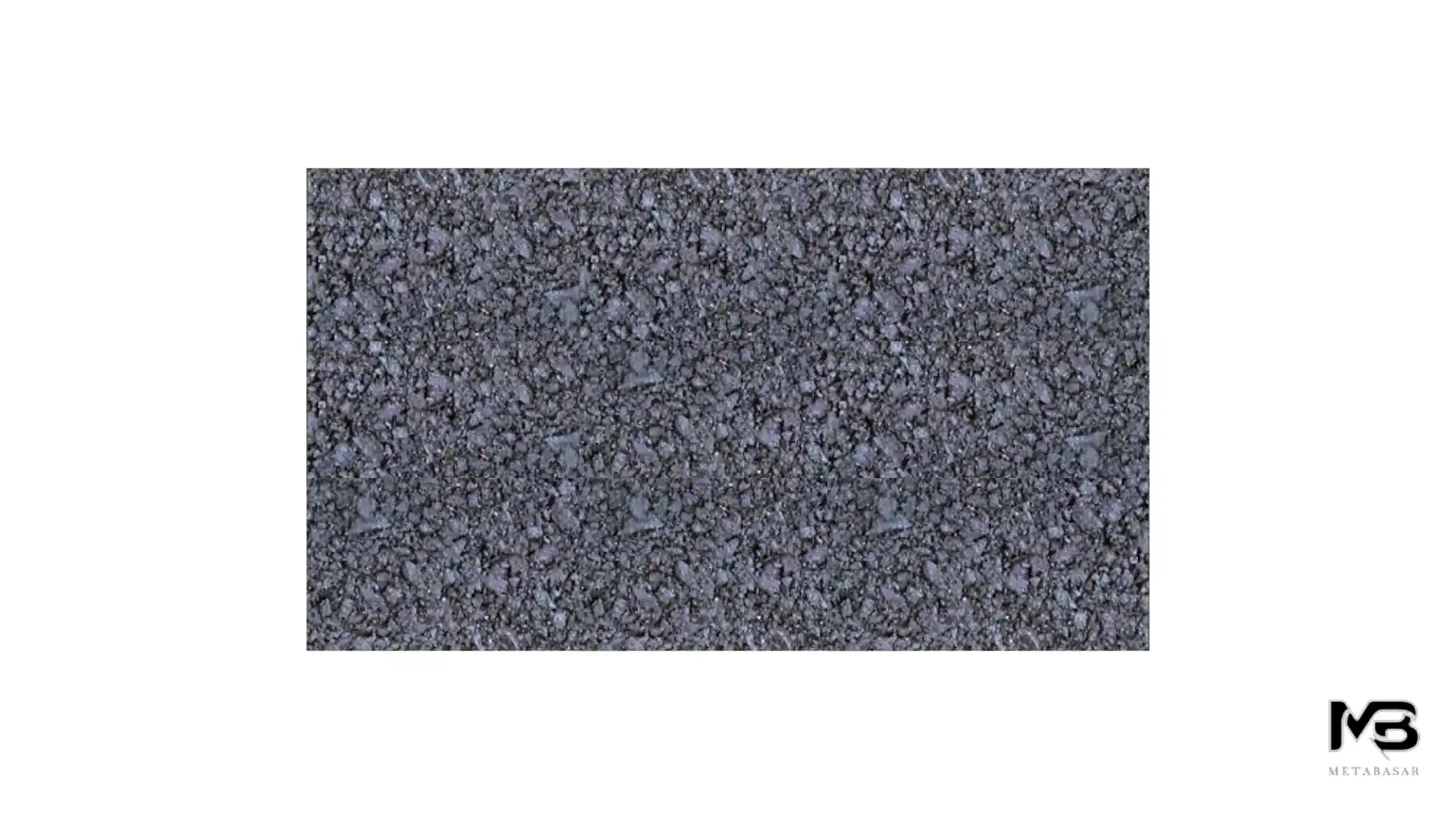Table of Content
- 1 Key Highlights Dense Graded Asphalt Base
- 2 Introduction
- 3 The History of Asphalt Mixes in Germany
- 4 Current Trends in Asphalt Application
- 5 Conclusion Dense Graded Asphalt Base
- 6 Frequently Asked Questions Dense Graded Asphalt Base
- 6.1 What are the benefits of using Stone Matrix Asphalt (SMA)?
- 6.2 How does the climate in Germany affect asphalt mix selection?
- 6.3 What are the environmental considerations for modern asphalt mixes?
- 6.4 Future perspectives: What’s next for asphalt technologies in Germany?
- 6.5 What are the advantages of using dense graded asphalt base for road construction?
- 6.6 How does dense graded asphalt base contribute to the durability of roads?
- 6.7 Are there specific guidelines or specifications for installing dense graded asphalt base?
- 6.8 Can dense graded asphalt base be recycled or reused in road construction projects?
Key Highlights Dense Graded Asphalt Base
- Dense Graded Asphalt Base bases are fundamental to road construction in Germany and worldwide.
- The use of these asphalt mixes has significantly evolved, with advancements focusing on durability, cost-effectiveness, and sustainability.
- Germany, a pioneer in asphalt technology, boasts a rich history of paving innovations.
- This blog post will explore the evolution of asphalt mixes, focusing on Dense Graded Asphalt Base bases, and examine their impact on pavement performance.
- Additionally, it addresses the growing importance of sustainability and environmental considerations in modern asphalt mixes.

Introduction
Dense Graded Asphalt Base pavements are vital for building roads today. It’s important for engineers and contractors to know about their history, mix design, and how to put them down. This blog post looks into the interesting journey of dense-graded asphalt.
We explore how it has changed over time and why it matters in current pavement work. From its simple start to the new technologies we use now, we show the main reasons why it is used so much.
The History of Asphalt Mixes in Germany
Germany is a leader in asphalt technology. The country has created many new ideas in road building. The use of asphalt in Germany started in the early 20th century. At that time, it became a good option compared to traditional paving materials. In the beginning, they used natural asphalt from deposits. Later, they moved to made asphalt mixes.
As time went on, German engineers and researchers worked hard to make better asphalt designs and production methods. They also improved how pavements are built. These new ideas have helped make asphalt pavements stronger, longer-lasting, and more eco-friendly in Germany and around the world.

Early Uses and Developments
The early 20th century was when asphalt began to be used for building roads. Hot mix asphalt, also called asphalt concrete, became popular because it was a good material for paving.
People liked it because it made smooth, long-lasting, and cost-effective surfaces compared to other options. At first, asphalt concrete was mostly used in busy places that needed strong pavement, like city streets and highways.
In Lanham, the asphalt industry grew as the area developed. As technology improved, more road construction projects started using this flexible material. This led to more widespread use of asphalt. These early uses and ongoing improvements set the stage for asphalt to become the common paving material we know today.
The work went from basic asphalt concrete mixes to more complex recipes. The goal was to improve performance, especially in tough weather and busy traffic. These early efforts were important in creating the dense-graded asphalt mixes that we use for road construction today.
Transition to Modern Asphalt Technologies
As asphalt became more popular, people needed ways to make it work better and last longer. This need led to the creation of modified asphalt binders and added substances.
These improvements help with certain features like resisting ruts, lasting through wear and tear, and handling environmental effects. The National Asphalt Pavement Association (NAPA) helped a lot in advancing asphalt technology by doing research and setting industry standards.
A key breakthrough during this time was the creation of polymer-modified asphalt binders. These binders use polymers to boost the quality of asphalt. This makes the asphalt tougher and improves its ability to handle heavy traffic and changes in temperature. Also, warm-mix asphalt (WMA) technology made it possible to make asphalt at lower temperatures. This change cuts down on energy use and emissions.
These new developments really changed the asphalt industry. They led to stronger, longer-lasting, and more eco-friendly pavements. Switching to modern asphalt technologies has helped improve the sustainability and performance of road infrastructure.

Current Trends in Asphalt Application
Today, asphalt technology is always changing. There are many research and development projects aimed at making better asphalt mixes and trying new ideas. A big trend now is using recycled materials. This includes reclaimed asphalt pavement (RAP) and recycled asphalt shingles (RAS). These materials help lower the impact of asphalt production on the environment.
The main goal is sustainability. This means reducing the carbon footprint of asphalt. Efforts include making better mix designs to use less material. They also use warm-mix asphalt technologies and techniques to preserve pavements. These help make the pavement last longer and need less maintenance.
Advancements in Dense-Graded Mixes
Dense Graded Asphalt Base mixes are very important for building roads. They are constantly getting better to improve how well they work and last. Choosing the right aggregates carefully is key. High-quality aggregates with the right shape, size, and angles help the pavement carry weight and stay stable.
It’s also important to manage the air voids in the mix. A good Dense Graded Asphalt Basemix with the right air voids can better resist problems like rutting, cracking from wear, and damage from water. This helps the pavement last longer.
New ways to design mixes focused on performance allow engineers to customize these asphalt mixtures for different traffic loads, weather conditions, and needs. By focusing on these things, engineers can make asphalt pavements that work well and can handle the demands of today’s roads.

The Rise of Stone Matrix Asphalt (SMA) in Urban Projects
Stone Matrix Asphalt (SMA) is becoming a popular choice for city projects. This is because it works really well in busy areas. SMA is a kind of dense graded asphalt. It is strong and can handle heavy traffic without damage.
The way the aggregates are arranged in SMA helps reduce noise and improves drainage. This makes it perfect for urban roads where it’s important for the pavement to last long and work well. The National Asphalt Pavement Association suggests using SMA. They say its mix design helps with better friction and makes the surface course last longer.
Conclusion Dense Graded Asphalt Base
In conclusion, a dense graded asphalt base is very important in building roads. It helps make roadways strong and last a long time. When we look at the history and new trends in asphalt technology, especially in Germany, we see how important new methods, like Stone Matrix Asphalt (SMA), are for city projects.
The focus on the environment and the chance to recycle dense graded asphalt base shows its eco-friendly benefits. As we move ahead, using new asphalt technologies will keep improving road quality and lengthen their life. This makes dense graded asphalt base a good choice for road construction projects that want strength and sustainability.

Frequently Asked Questions Dense Graded Asphalt Base
What are the benefits of using Stone Matrix Asphalt (SMA)?
Stone Matrix Asphalt (SMA) is stronger and lasts longer than regular asphalt. It cuts down on ruts and helps with skid resistance.
SMA also makes less noise. Its unique stone-on-stone design boosts stability and helps the material last many years. This makes it a popular option for projects in cities.
How does the climate in Germany affect asphalt mix selection?
Germany thinks about the climate when making asphalt mixes. The country experiences strong changes in temperature and rainfall. This means the mixes need to avoid rutting and thermal cracking. They must also drain water well.
What are the environmental considerations for modern asphalt mixes?
Modern asphalt mixes focus on taking care of the environment. They do this by using recycled materials such as OGFC and RAP.
This helps to lessen the need for new aggregates. Also, warm-mix asphalt technologies help to lower energy use and emissions during the making of asphalt.
Future perspectives: What’s next for asphalt technologies in Germany?
Future trends show that we will combine advanced materials, smart technologies, and eco-friendly practices.
This means using sensors to check pavement conditions in real time. It also includes using self-healing asphalt. This will help increase the lifespan of the pavement and lower the maintenance needed.
What are the advantages of using dense graded asphalt base for road construction?
Dense graded asphalt creates a strong base for the surface course. Its thick structure and few gaps stop water from getting in. This helps support heavy loads and keeps the pavement lasting longer.
How does dense graded asphalt base contribute to the durability of roads?
Dense graded asphalt has a closely packed structure of aggregates. This design helps spread out traffic loads. It reduces stress on the pavement. This material also resists deformation and moisture damage. Because of this, it makes the pavement last longer.
Are there specific guidelines or specifications for installing dense graded asphalt base?
Yes, there are strict rules for installing dense-graded asphalt base. These rules cover things like gradation, asphalt content, how much to compact it, and the thickness of each layer. This is to make sure it works properly.
Can dense graded asphalt base be recycled or reused in road construction projects?
Dense graded asphalt base can be recycled. You can take reclaimed asphalt pavement (RAP) with this material, process it, and mix it into new asphalt. This helps in saving resources and supports sustainable practices.

